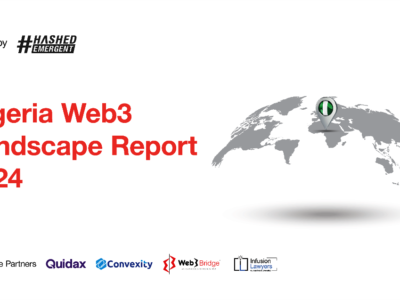Alternative credit scoring data to supercharge financial inclusion.
A new study from Juniper Research, the foremost experts in financial technology markets, expects credit scoring services to grow by 67% to $44 billion by 2028.
Boosting Financial Inclusion
The report anticipates emerging markets will experience greatest growth; projecting the African & Middle Eastern region to grow by 117% over the forecast period, achieving spend of $3.7 billion in 2028. Driving this growth will be the inclusion of alternative data into underwriting models. Using input from sources such as social media activity and monthly utility bills enables lenders to expand into unbanked and underbanked populations throughout emerging markets; opening up new customer segments and boosting financial inclusion.
Find out more about the new report: Global Credit Scoring Market 2023-2028, or download a free sample.
Open Banking Vital to Alternative Scoring Models
The report urges use of Open Banking within alternative credit scoring; enabling credit bureaus and other providers to access bank account transaction information. This helps enrich credit data, creating a holistic view of the consumer; determining a more accurate credit score. The report also urges use of Open Banking within business credit scoring, as this technology can improve critical lending and access to finance for SMEs.
Research author Cara Malone remarked: “Open Banking can address numerous challenges, especially relating to cashflow and debt management. At present, the use of Open Banking in business credit scoring is lagging. It creates greater ease and transparency of sharing financial data; elevating business credit scoring, unlocking greater access to lending.”
AI Important for Decreasing Thin Files in Developing Markets
Alternative credit data and embedded scoring models are efficient means of boosting access to finance, and when combined with Open Banking and AI, they will grant access to new customer segments. This will enable providers to help alleviate issues with thin files, where limited information is held on individuals and businesses, in both developing and developed markets; enabling more accurate and predictive credit scoring.

































